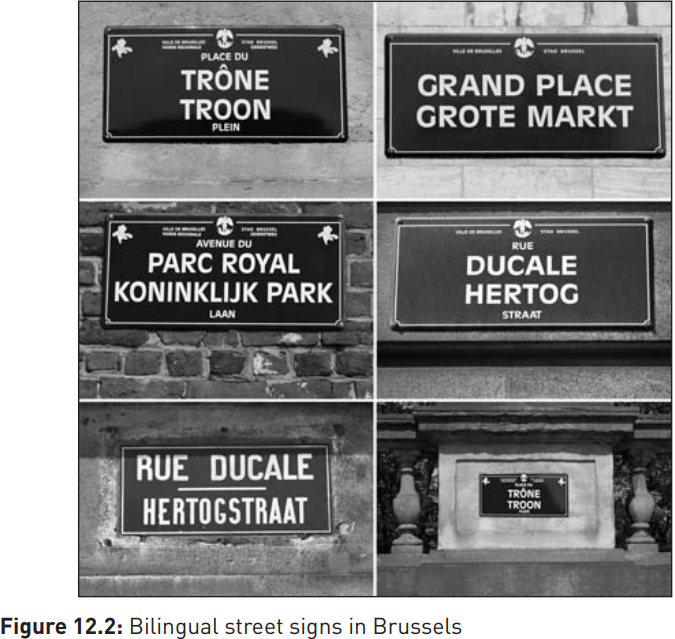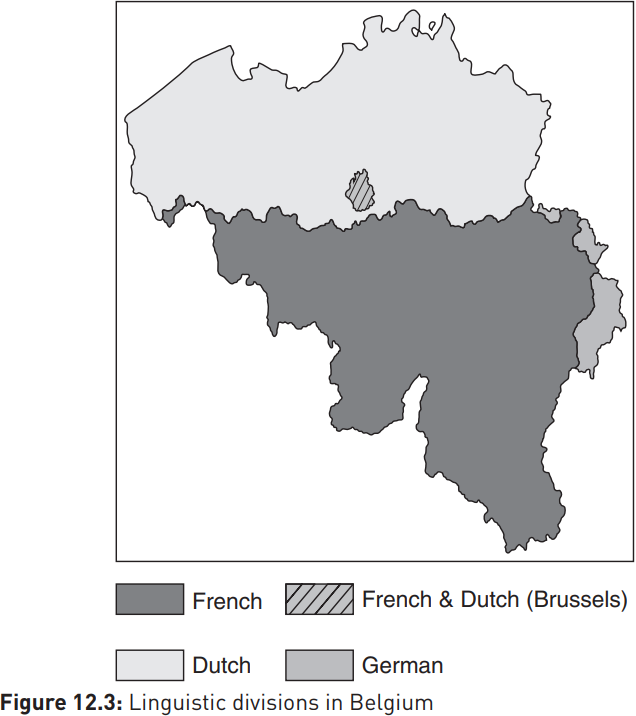

Grammar


Tenses


Present

Present Simple

Present Continuous

Present Perfect

Present Perfect Continuous


Past

Past Simple

Past Continuous

Past Perfect

Past Perfect Continuous


Future

Future Simple

Future Continuous

Future Perfect

Future Perfect Continuous


Parts Of Speech


Nouns

Countable and uncountable nouns

Verbal nouns

Singular and Plural nouns

Proper nouns

Nouns gender

Nouns definition

Concrete nouns

Abstract nouns

Common nouns

Collective nouns

Definition Of Nouns

Animate and Inanimate nouns

Nouns


Verbs

Stative and dynamic verbs

Finite and nonfinite verbs

To be verbs

Transitive and intransitive verbs

Auxiliary verbs

Modal verbs

Regular and irregular verbs

Action verbs

Verbs


Adverbs

Relative adverbs

Interrogative adverbs

Adverbs of time

Adverbs of place

Adverbs of reason

Adverbs of quantity

Adverbs of manner

Adverbs of frequency

Adverbs of affirmation

Adverbs


Adjectives

Quantitative adjective

Proper adjective

Possessive adjective

Numeral adjective

Interrogative adjective

Distributive adjective

Descriptive adjective

Demonstrative adjective


Pronouns

Subject pronoun

Relative pronoun

Reflexive pronoun

Reciprocal pronoun

Possessive pronoun

Personal pronoun

Interrogative pronoun

Indefinite pronoun

Emphatic pronoun

Distributive pronoun

Demonstrative pronoun

Pronouns


Pre Position


Preposition by function

Time preposition

Reason preposition

Possession preposition

Place preposition

Phrases preposition

Origin preposition

Measure preposition

Direction preposition

Contrast preposition

Agent preposition


Preposition by construction

Simple preposition

Phrase preposition

Double preposition

Compound preposition

prepositions


Conjunctions

Subordinating conjunction

Correlative conjunction

Coordinating conjunction

Conjunctive adverbs

conjunctions


Interjections

Express calling interjection

Phrases

Sentences


Grammar Rules

Passive and Active

Preference

Requests and offers

wishes

Be used to

Some and any

Could have done

Describing people

Giving advices

Possession

Comparative and superlative

Giving Reason

Making Suggestions

Apologizing

Forming questions

Since and for

Directions

Obligation

Adverbials

invitation

Articles

Imaginary condition

Zero conditional

First conditional

Second conditional

Third conditional

Reported speech

Demonstratives

Determiners


Linguistics

Phonetics

Phonology

Linguistics fields

Syntax

Morphology

Semantics

pragmatics

History

Writing

Grammar

Phonetics and Phonology

Semiotics


Reading Comprehension

Elementary

Intermediate

Advanced


Teaching Methods

Teaching Strategies

Assessment
Personality and territory principles: belgium
المؤلف:
David Hornsby
المصدر:
Linguistics A complete introduction
الجزء والصفحة:
262-12
2024-01-03
1018
Personality and territory principles: belgium
Multilingual nation states have generally framed language policies according to one of two principles. The Personality Principle allows citizens to choose their language in all circumstances, while the Territory Principle requires public use of a single language in a given area, and offers services only in that language.

Unusually, Belgium applies both principles. In officially bilingual Brussels, street names and all public institutions are given in both official languages, French and Dutch, and all public services must by law be provided in both languages. Outside the capital, however, the Territory Principle applies, according to which French-speaking Belgians are required to use Dutch in the neerlandophone zone and vice-versa, with no official accommodation to the other language in either case.
Belgium’s chequered linguistic history shows that neither principle, even when sensitively applied, is without difficulties. Dutch speakers resent the fact that French now dominates in the capital, a city squarely in the Dutch-speaking zone. They also complain of the tache d’huile (oil slick) effect, in which Brussels-based francophones take residence in officially Dutch-speaking suburbs, and turn them into de facto francophone areas. French speakers, on the other hand, resent being required to use Dutch in areas where they have become the majority language group.

Matters came notably to a head in the 1980s following the election of José Happart as bourgmestre (mayor) of the small town of Fourons/Voerons (pop. 4,000). Although designated as Dutch-speaking in the 1920s, Fourons had become a majority francophone community, and Happart, elected largely by francophone speakers, was unable, or unwilling, to take a Dutch language test as the law required. This provoked a constitutional crisis, and a lengthy political stand-off which was resolved by some rather messy compromises, in which Happart was allowed to serve as ‘first alderman fulfilling the functions of mayor’ (see Ball 1997: 35).
 الاكثر قراءة في Linguistics fields
الاكثر قراءة في Linguistics fields
 اخر الاخبار
اخر الاخبار
اخبار العتبة العباسية المقدسة

الآخبار الصحية















 قسم الشؤون الفكرية يصدر كتاباً يوثق تاريخ السدانة في العتبة العباسية المقدسة
قسم الشؤون الفكرية يصدر كتاباً يوثق تاريخ السدانة في العتبة العباسية المقدسة "المهمة".. إصدار قصصي يوثّق القصص الفائزة في مسابقة فتوى الدفاع المقدسة للقصة القصيرة
"المهمة".. إصدار قصصي يوثّق القصص الفائزة في مسابقة فتوى الدفاع المقدسة للقصة القصيرة (نوافذ).. إصدار أدبي يوثق القصص الفائزة في مسابقة الإمام العسكري (عليه السلام)
(نوافذ).. إصدار أدبي يوثق القصص الفائزة في مسابقة الإمام العسكري (عليه السلام)


















